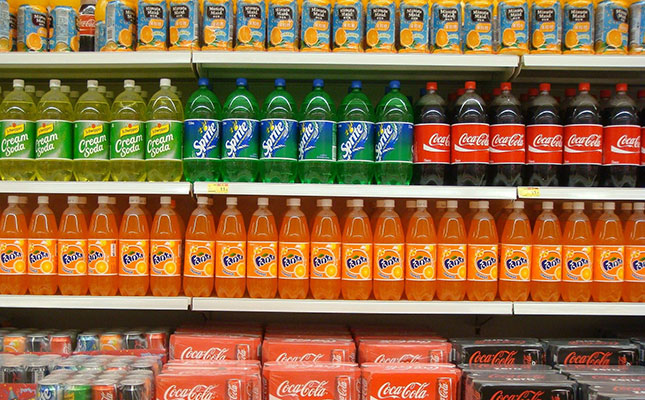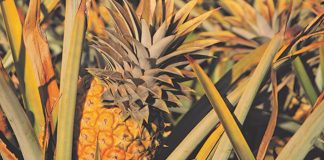
Photo: Pixabay
A recent call by South Africa’s Healthy Living Alliance (HEALA) for government to double the Health Promotion Levy (HPL) on sugar-sweetened beverages, commonly known as the sugar tax, has been met with disbelief and strong criticism by members of the sugar value chain.
Farmer’s Weekly previously reported that the sugar tax, which was implemented in April 2018, was 2,1c per gram of sugar content that exceeded 4g per 100ml of sugar-sweetened beverages, excluding natural fruit juices and sweetened dairy products.
READ Electricity price hike: another blow for farmers
HEALA recently issued a statement calling for government to double the sugar tax from the start of its 2021/2022 financial year.
The statement said that this alone would, in the short-term, generate approximately R2 billion in tax revenue, which government could use to support its fight against COVID-19 in the country.
“Government revenues are under immense pressure, and funding the fight against COVID-19, including [for] vaccines, remains critical. In the long-term, we know that a Health Promotion Levy of 20% will reduce the amount of sugar people eat, decreasing their chance of developing conditions such as diabetes, obesity and high blood pressure that also put people at a higher risk of dying from COVID-19,” HEALA’s head, Lawrence Mbalati, said in the statement.
The South African Farmers’ Development Association’s (SAFDA) strategic support executive, Thandokwakhe Sibiya, said HEALA’s proposal to double the sugar tax was “unfair and unfortunate” given that, since its introduction, the existing sugar tax had “wreaked havoc” within the country’s sugar value chain.
“About 250 000t of sugar sales were lost, translating to revenue loss of more than R1 billion, with a negative impact on farm and household incomes. Some sugar mills have already closed temporarily or permanently. A closure of a single sugar mill has serious repercussions for jobs, poverty levels, small town economies, and the general rhythm of a given district.”
Sibiya added that it “cannot be” that a single sector, namely the sugar industry, was being forced to bear the burden of responding to the current COVID-19 crisis at the expense of thousands of jobs and other livelihoods that would be lost in the sugar industry should the sugar tax be doubled.
Rex Talmage, chairperson of the South African Cane Growers’ Association (SA Canegrowers), said he was “disappointed by the leap in logic articulated by HEALA”.
“Sugar does not cause COVID-19, and the sugar tax was never meant to function as an emergency income stream for government. We have always maintained that the sugar tax requires an in-depth socio-economic impact analysis, which remains outstanding.
“Our industry is already facing strong headwinds not only from the […] sugar tax, but also ongoing threats from cheap sugar imports, among other challenges. To single out our embattled local industry for even further taxation to fight a global pandemic would be unconscionable.”
Trix Trikam, executive director of the South African Sugar Association, said that there was insufficient evidence to support the notion that taxes on sugar led to people reducing their excessive calorific consumption.
“The available evidence indicates that the [sugar] tax has reduced consumption of sugar-sweetened drinks. It is a well-known fact that one can only lose weight if [you] eat less calories than [you] burn off. We need to study what South Africans are eating in order to determine which foods contribute to the high-calorie intake in obese people.”












